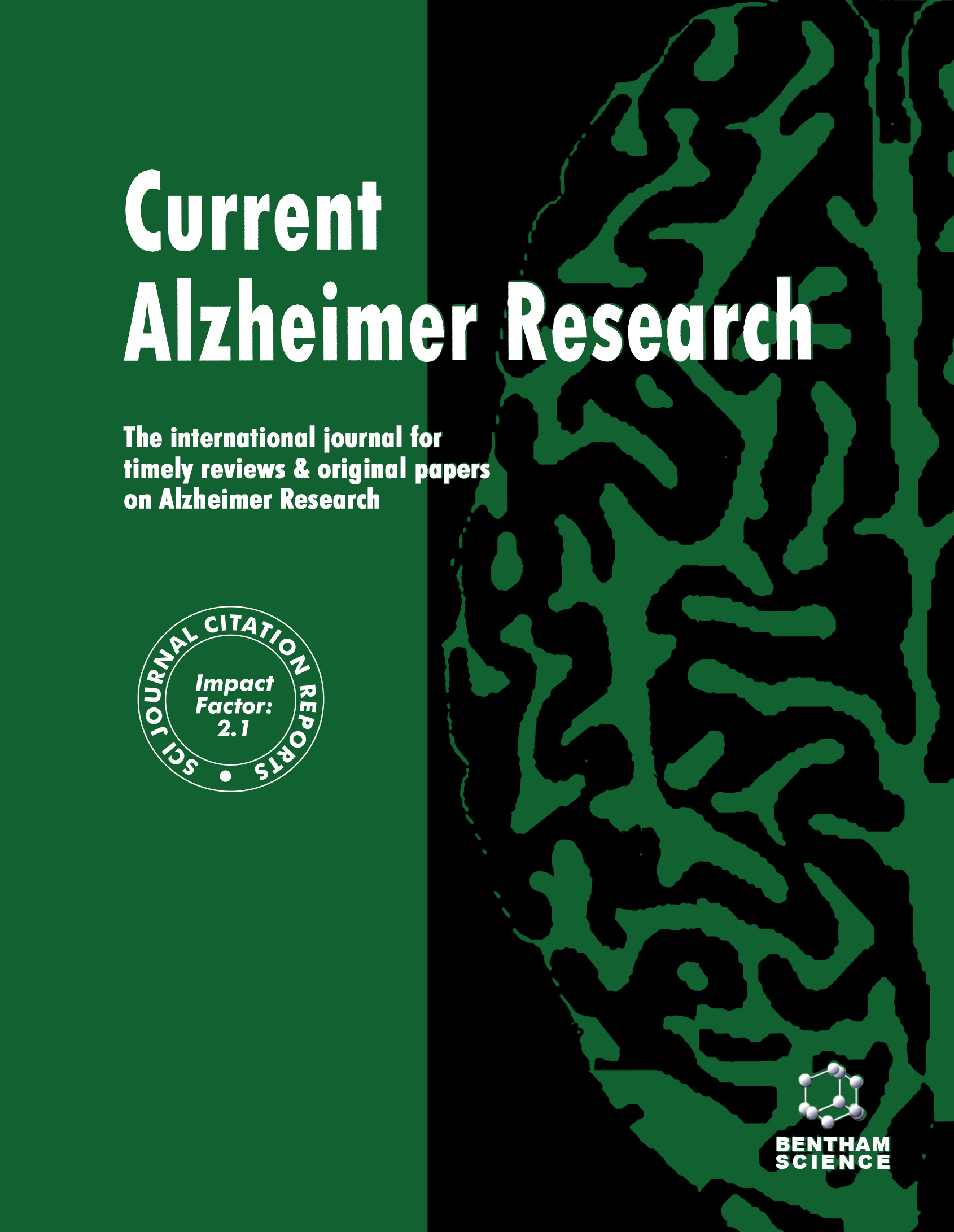
Full text loading...
It is debatable whether demographic factors alter the relationship between serum lipid traits and cognitive function. Few data have examined the effects of non-traditional lipid metrics on the lipid-cognition relationship. We aim to test the generality of relationships between lipid traits and cognitive function in Chinese adults.
Data from 5,959 participants were obtained from the China Health and Retirement Longitudinal Study (2011–2020). The cognitive function was assessed via the Mini-Mental State Examination. Effects of traditional lipid metrics (Total Cholesterol, TC, Triglycerides, TG, Low-Density Lipoprotein, LDL, High-Density Lipoprotein, HDL) and non-traditional lipid metrics (TC/HDL, LDL/HDL) were analyzed. We employed mixed-effect models, Group-Based Trajectory Models (GBTM), and logistic regression to examine the associations between baseline serum lipid traits and cognitive function.
As continuous variables, higher TG levels were correlated with higher cognitive scores (P = 0.036), and similar patterns were found in TC/HDL (P < 0.01) and LDL/HDL (P < 0.01). In contrast, higher HDL levels were associated with lower cognitive scores. Similar trends were observed when lipid traits were analyzed as categorical quartiles, and grouped by gender and age. Non-traditional lipid metrics (LDL/HDL, TC/HDL) had higher contributions to the variation of cognitive scores than traditional lipid metrics (TC, TG, LDL, HDL).
Results of this study further supported the protective effect of TG and negative effect of HDL in elderly adults, though confounding factors like baseline cognitive heterogeneity warrant future investigation. Notably, non-traditional lipid ratios demonstrated stronger predictive value for cognitive variation than individual lipid metrics.
Our study provided evidence for the generality of a significant association between traditional/non-traditional lipid metrics and cognitive function in middle-aged and elderly adults. The factors that vary with genders and age groups do not appear to significantly alter the lipid-cognition relationship.

Article metrics loading...

Full text loading...
References


Data & Media loading...

